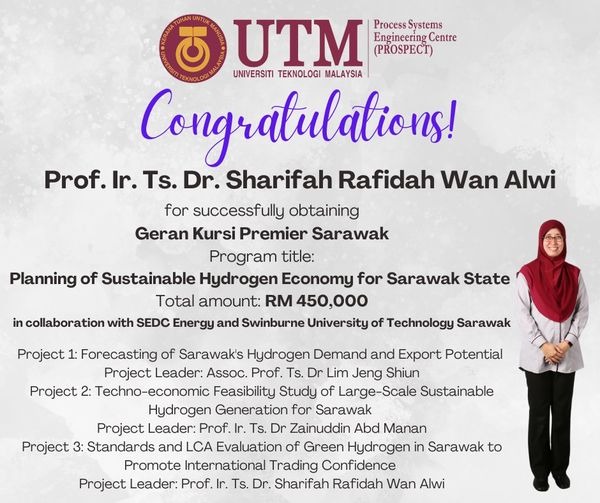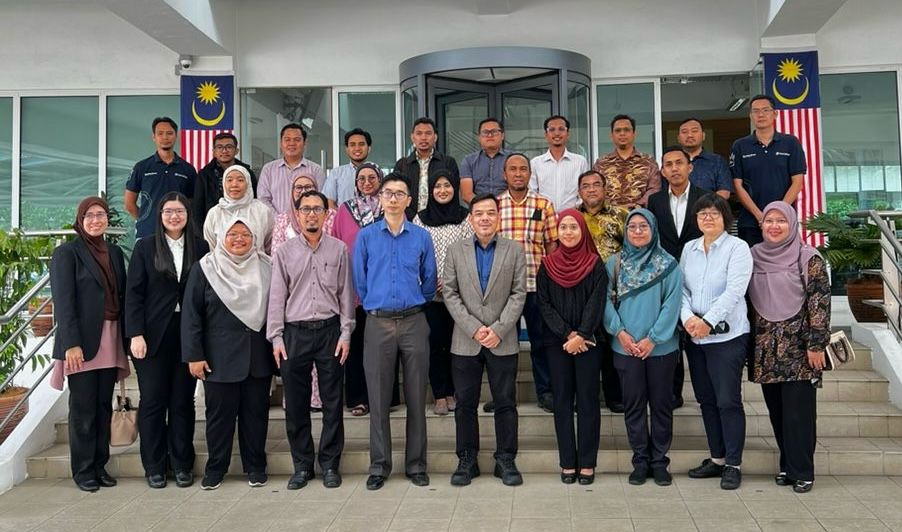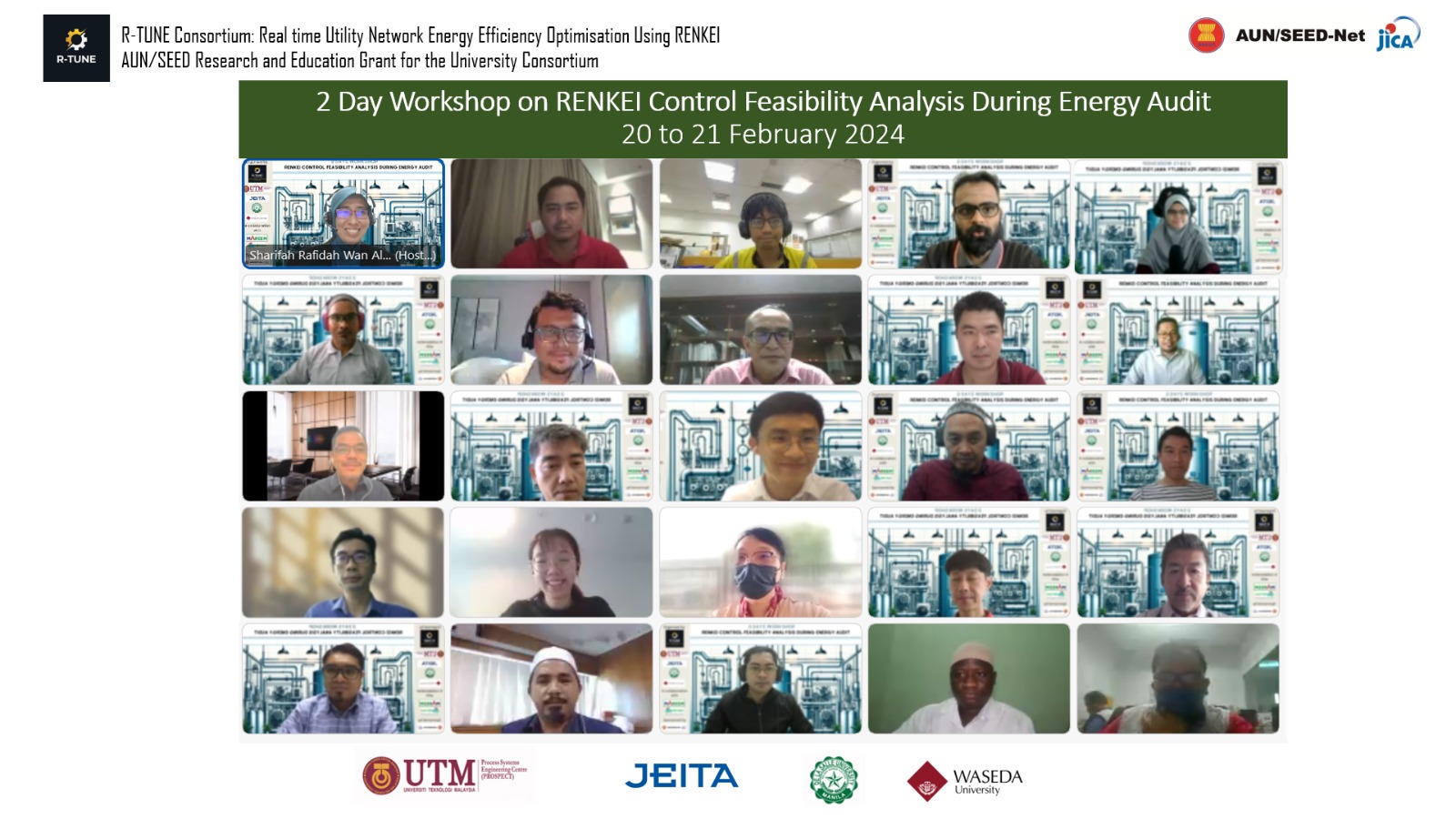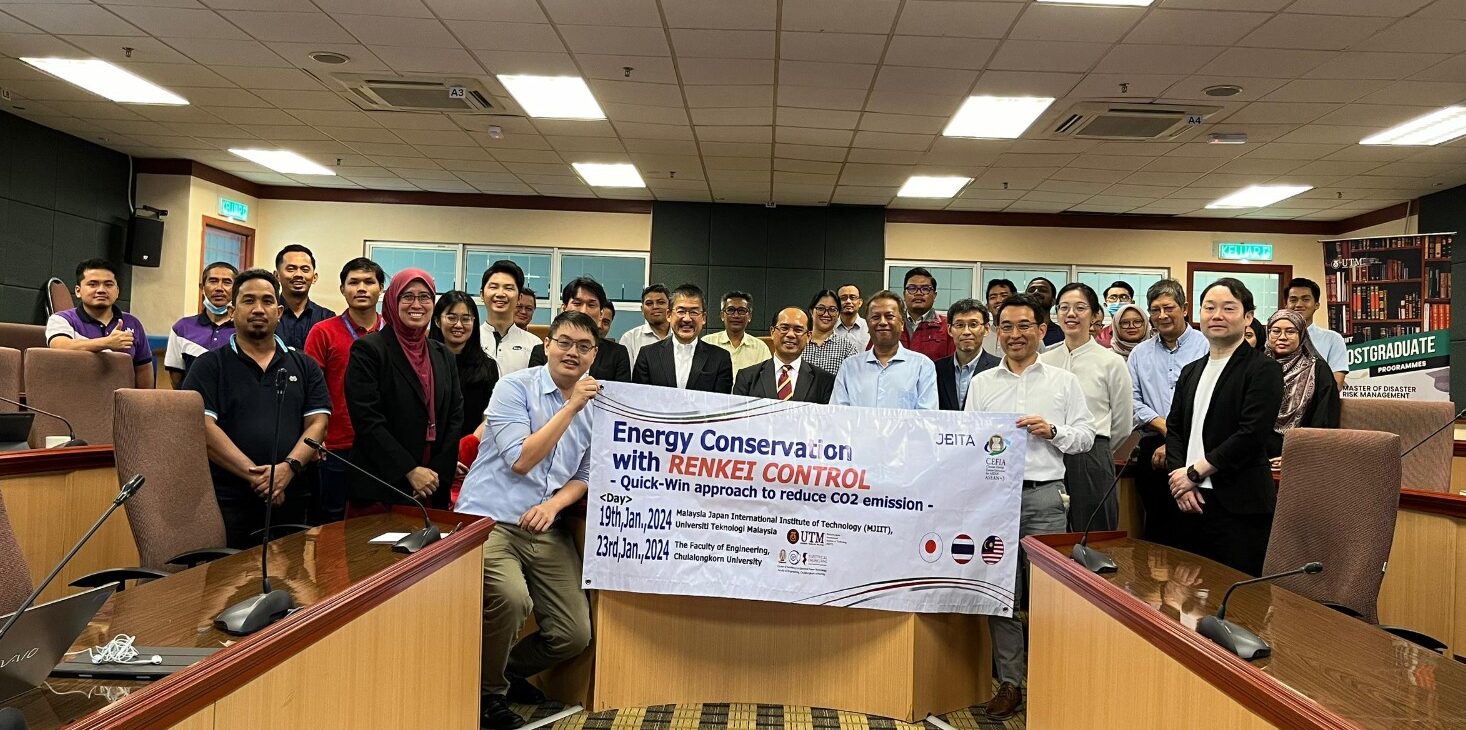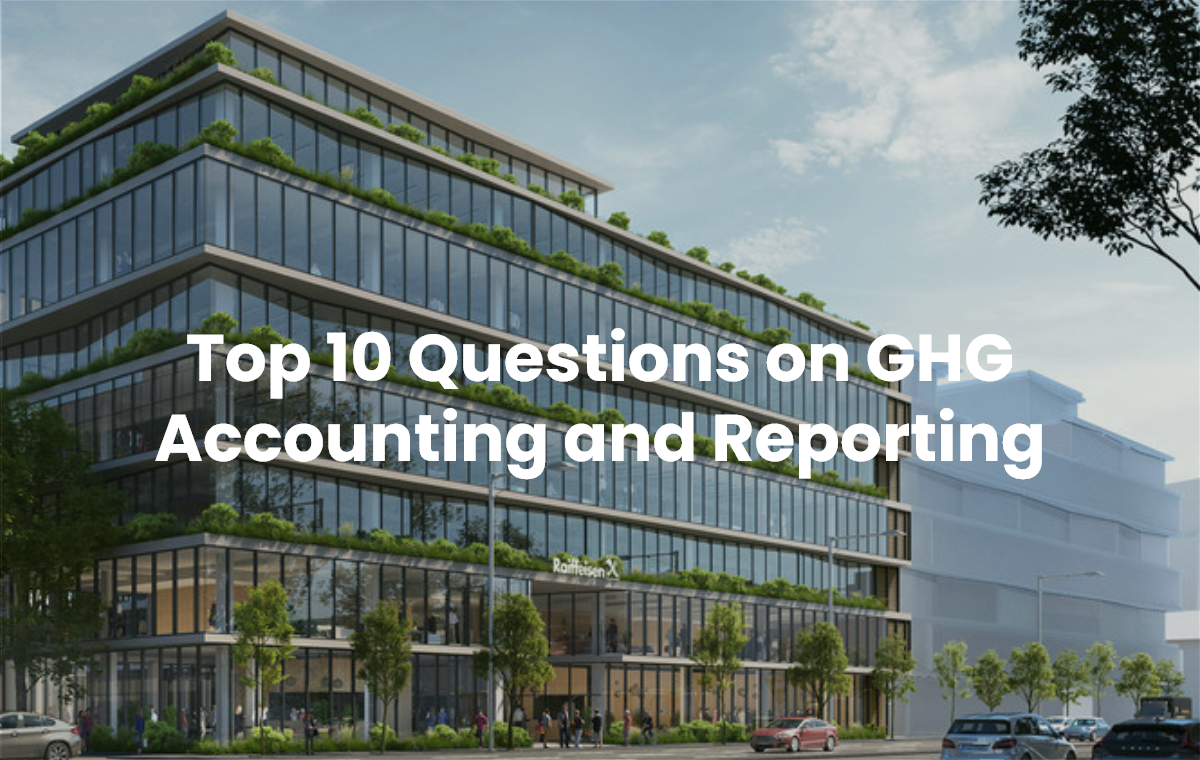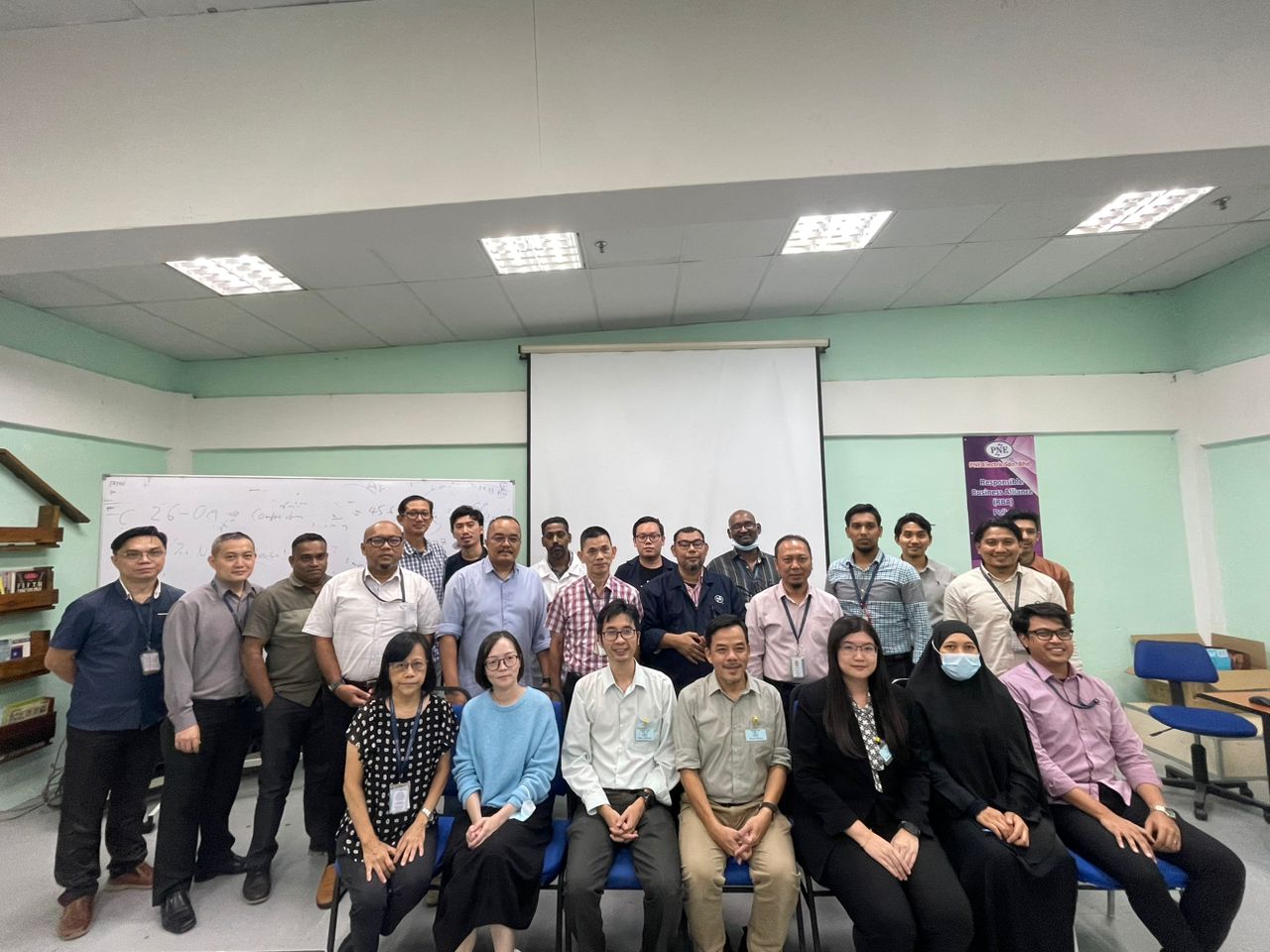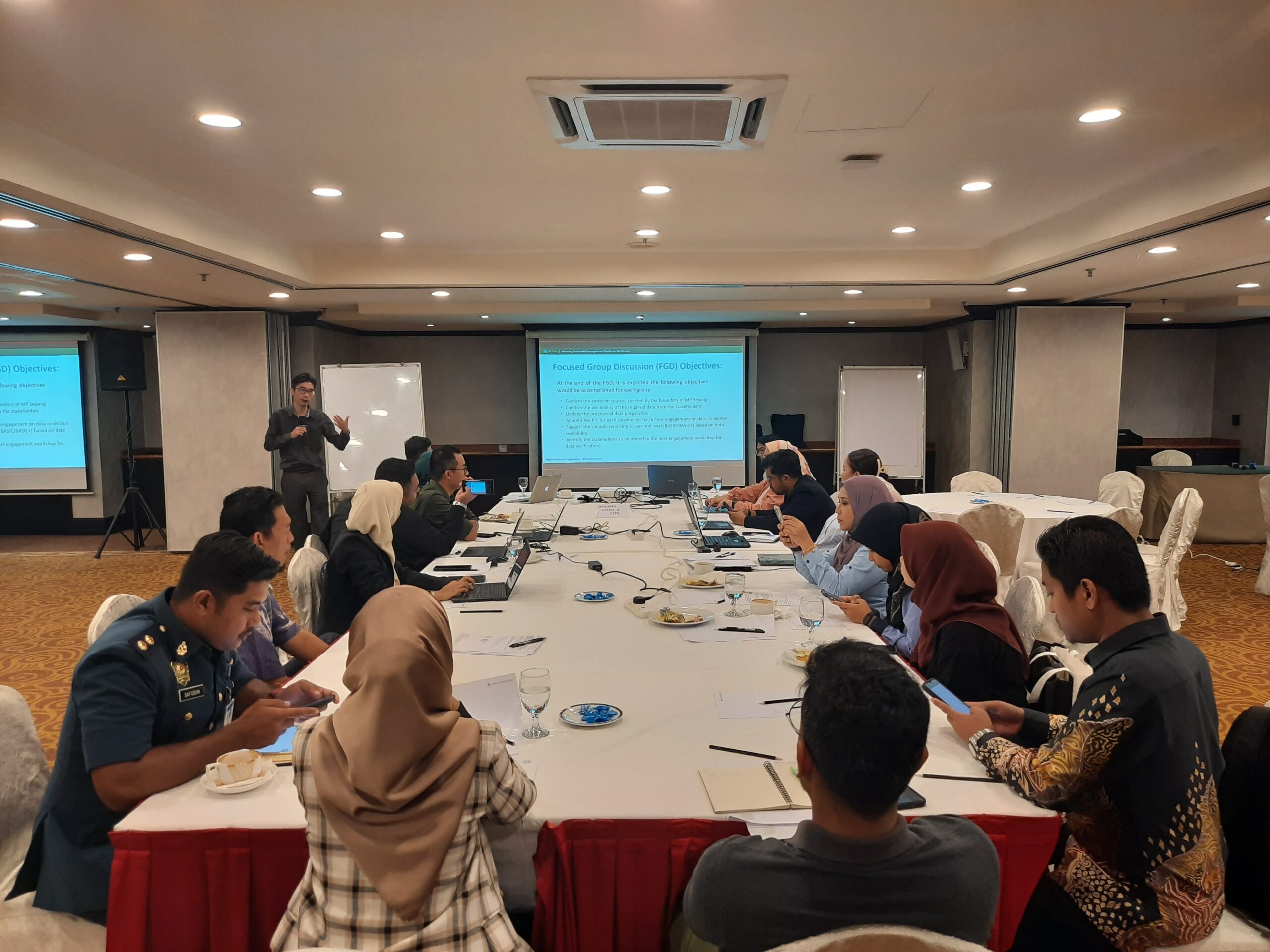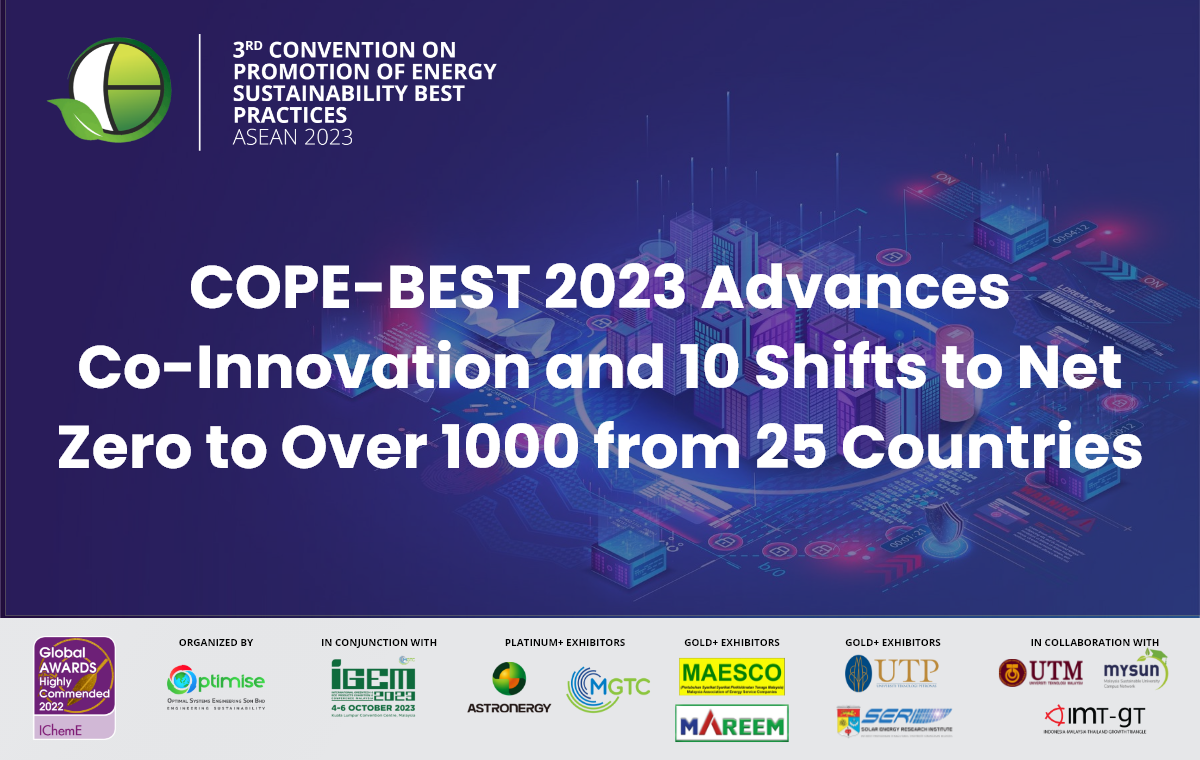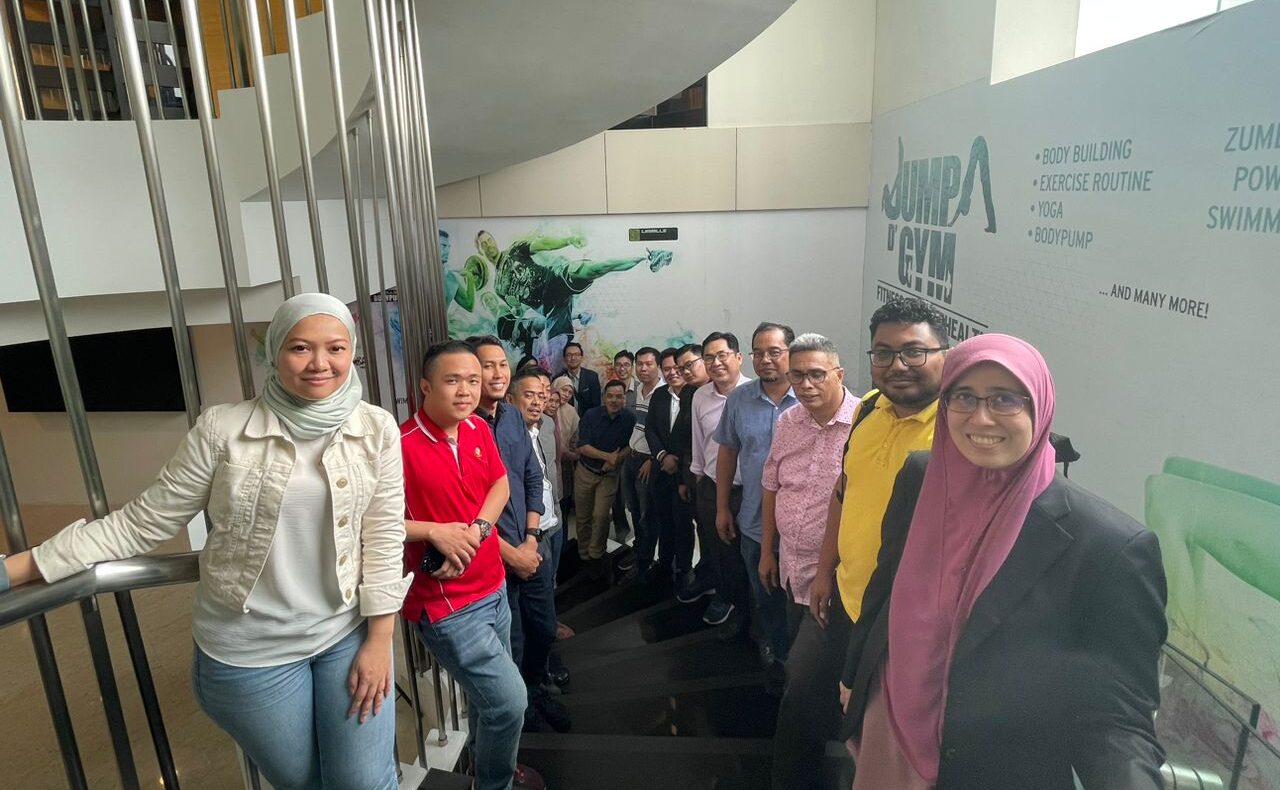
Accounting GHG Emissions in Aerospace Manufacturing – Towards a Bigger Picture of Sustainable Aerospace Industry
Accounting GHG Emissions in Aerospace Manufacturing – Towards a Bigger Picture of Sustainable Aerospace Industry 23rd August 2024 Optimal Systems Engineering (OPTIMISE) Sdn. Bhd., in collaboration with the Aerospace Malaysia Innovation
